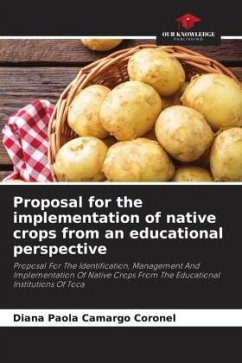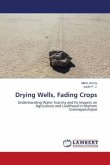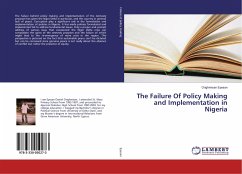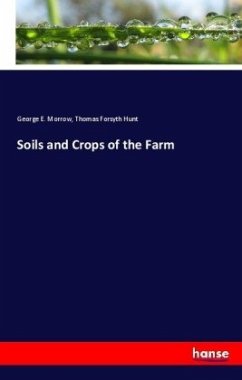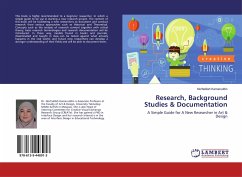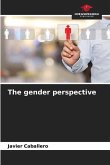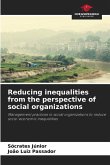In Toca Boyacá, the practice of cultivating ancestral foods such as potatoes, arracacha, ibia, ruba, turnip and pumpkin shows a significant decrease, as well as their daily consumption by the 10,561 inhabitants of the municipality. This lack of food production and consumption, in addition to the lack of efficient policies for the promotion and dissemination of native foods, or the lack of training in topics related to nutrition based on pre-Hispanic foods in educational institutions, lead to a neglect of local traditions and their replacement by foreign practices, a problem combined with the implementation and production of monoculture crops. The research sought to develop pedagogical proposals to encourage research processes from social classes, to revalue traditional knowledge about food, to promote and disseminate the uses and ancestral knowledge of native foods, mainly for their nutritional benefits and their socio-cultural and historical component, thus strengthening the local identity of the inhabitants of Toca.
Bitte wählen Sie Ihr Anliegen aus.
Rechnungen
Retourenschein anfordern
Bestellstatus
Storno

